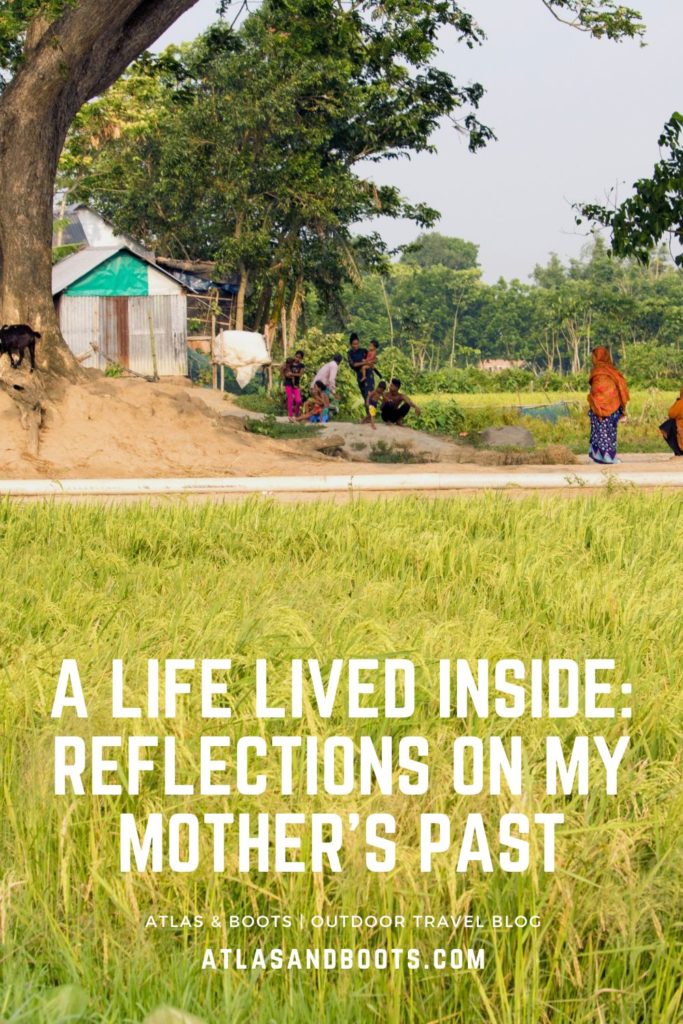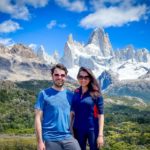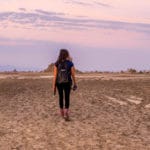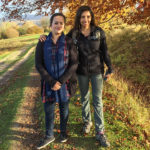Kia recently asked her mother if she has any regrets about her life. In this personal piece, she reflects on the answer
There’s a tree I sometimes notice on my way to my boxing gym. It stands on an unsightly corner near the junction of Barking Road – which has the dubious honour of the eighth unhealthiest street in London – and one of the grubby arteries that feed into it.
The tree sits amid ugliness: overflowing bins from the chicken shop opposite, shards of glass from a smashed car window, a makeshift fence from unfinished building works, a fly-tipped cooker or fridge, and litter that rolls past like tumbleweed. In many ways, it’s a quintessential East London scene: a vast expanse of grime punctuated by striking beauty.
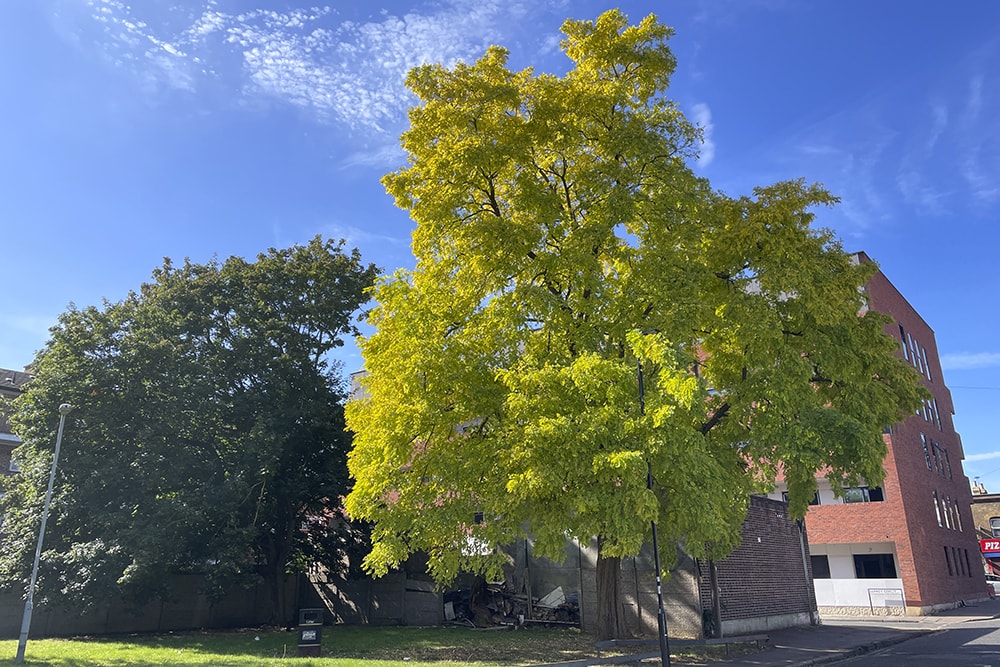
The contrast sometimes makes me melancholic. The tree is a counterpoint to so much of my everyday life: brick, cement and plastic. When I don’t travel for a long stretch of time, like this year, something depresses inside me. The receptor or nerve or whatever we have that responds to beauty seems to contract; to fold in on itself. It lies dormant, withered, waiting to be stirred.
I thought of this recently when I asked my mother if she has regrets about her life. I don’t know the Bengali word for ‘regret’ so what I asked was, “If you could change anything about your past, what would you change?”
She answered, “I would have gone outside more.”
This made me deeply sad. It would be poignant coming from any elderly person, but it was especially so coming from my mother for two specific reasons.
First, because she spent her time inside not by choice. As a woman from a conservative Bengali family, my mother was expected to be indoors. In I had a happy childhood. Then puberty changed everything, I wrote about how this expectation impacted my own youth.
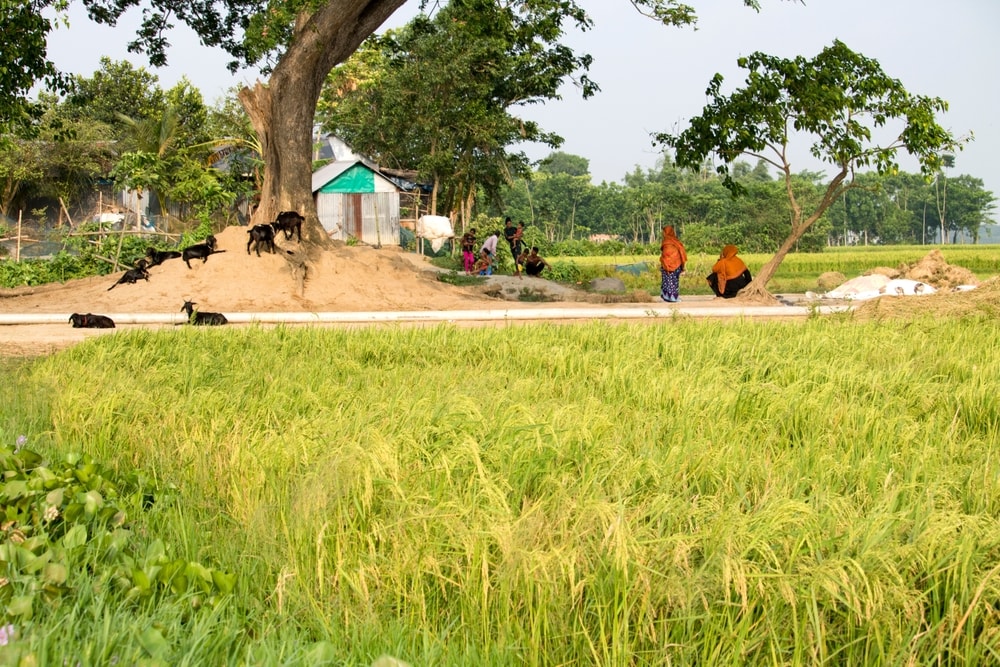
Second, because in many ways my mother was forged outside. She grew up in a small village in Bangladesh and much of her childhood was spent outdoors. She didn’t have electricity, running water or a commode in her home. She bathed in the local pond and spent her early years roaming the rice fields surrounding her village – and then puberty hit and her life became smaller.
This didn’t change when she moved to England, turning up at a wintry Heathrow in a flimsy sari. Her life in London was hard. The National Front was in full swing and the threat of a racist attack only added to the sense that she should be indoors. Her local area in Tower Hamlets became an enclave of Bengalis. While this lent her a degree of security, it also entrenched some of the conservative views in the community, chiefly that a woman belonged in the home.
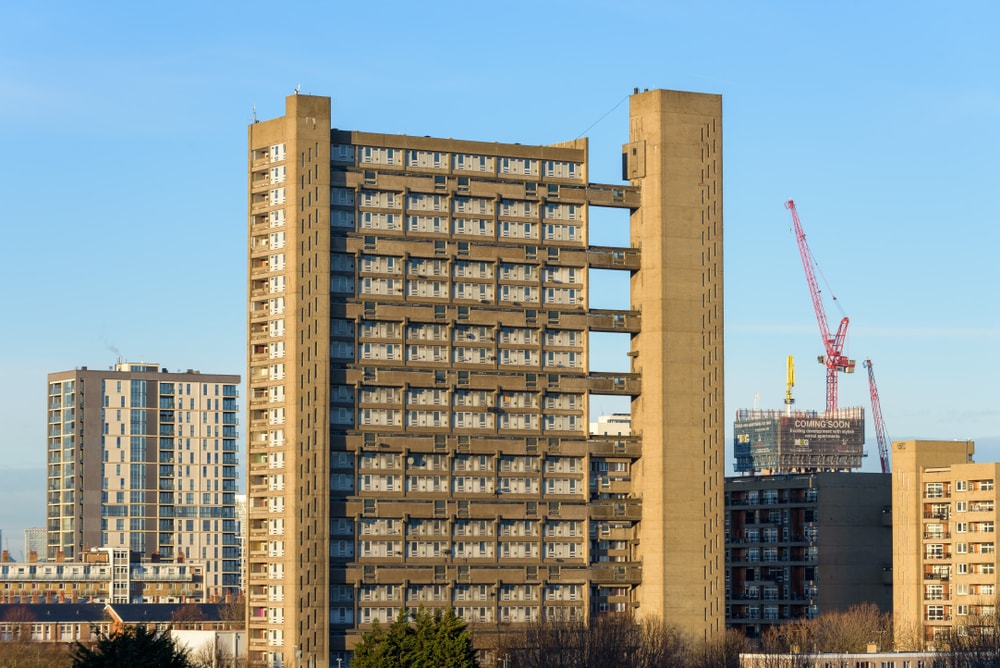
As a result, my mother never went to the cinema or dined in a restaurant, or even went for a walk unless it was expressly for her children. Tragically, she never went swimming. As a child in Bangladesh, she had swum nearly every day and adored it.
She spent the next decades of her life bearing and rearing children. Like my tree, there was beauty amid the bleak – trips to the park, occasional summer picnics and family outings to the beach – but most of her life was boxed in.

To think that she lived for so long with that sense of depression or dormancy I describe above makes me immensely sad. I managed to escape the reins that held back women of my mother’s generation. I’ve travelled to places like the Danakil Depression in Ethiopia, Svalbard in the Arctic, and Antarctica. I’ve seen the sky lit up by the Northern Lights and dived the Great Barrier Reef. I’ve been to the hottest place on Earth and plunged into polar waters.
In many ways, my adult life has been the antithesis of my mother’s. I am not married in the traditional sense (Peter and I are in a civil partnership), I don’t have children, I am financially secure and have all the freedom I want.
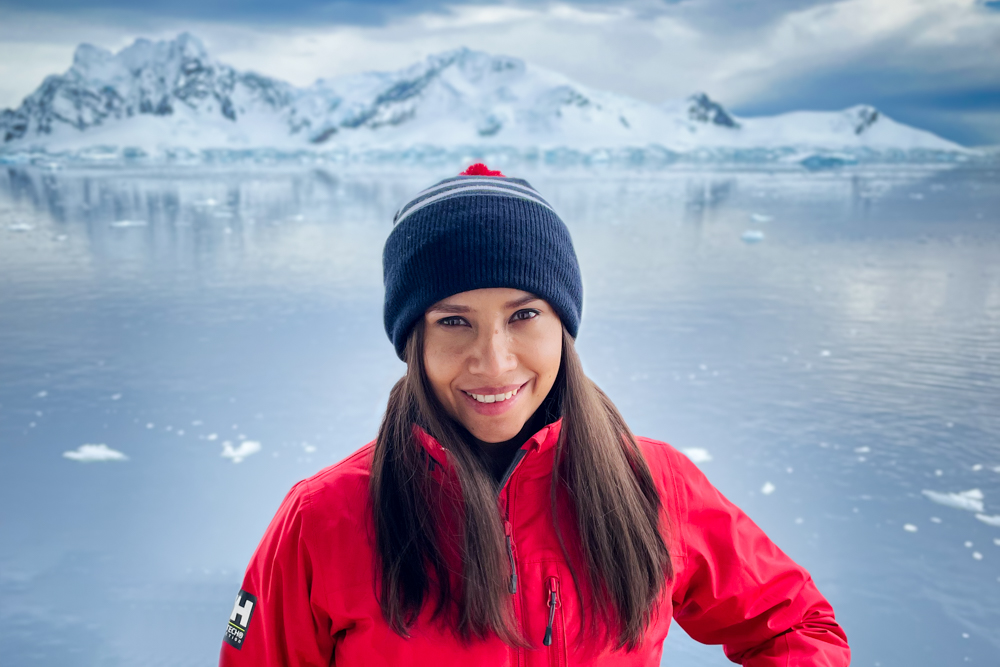
After that conversation with my mother, I decided to use my time and freedom to ease her regret. For starters, I suggested going swimming (to a women-only session at our local pool), but the weather put her off – as did her health. She had spent her prime indoors and I soon realised that regret of that magnitude cannot be undone.
At the age of 77, she no longer has the confidence or mobility to go out and explore. I am heartened, however, that all going well, she will go to Bangladesh in November for the first time in years. She will be accompanied by a neighbour and though it will be difficult, she wants to see her homeland “one last time”.
She worries about leaving my addict brother alone (“who will feed him?”), she worries about the journey (“will these sandals slip in the airplane bathroom?”) and she worries about her health, but my siblings and I have encouraged her to go. After a life lived indoors, it’s time to go outside for a while.
Enjoyed this post? pin it for later…
